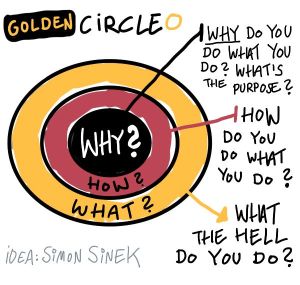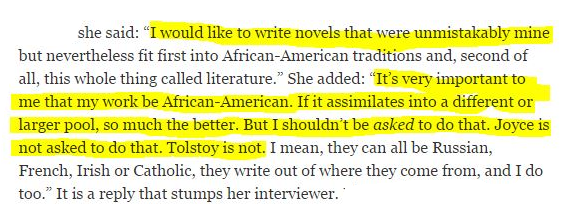Recently I’ve been thinking a lot about values and ethos. It’s been a month where recent announcements have led to whole cohorts of children being entered for exams and then withdrawn again. I don’t want to write specifically regarding early entries, as I feel much has been written about those subjects and there is no real ground for me to cover. See Kev Bartle and John Tomsett for well written and considered blog posts offering differing views on that topic from a school leader’s point of view.
Instead, as a result of this and other more personal events, I’ve been increasingly pondering the ‘why’ of what we do as school leaders. As time passes I realise that, for me, I must keep returning to my own ethos and aims for being in education. If I do not know what they are, as a leader, how can I ask others to follow me? How can I prevent myself ricocheting from fad to fad? How can I have any credibility and command respect? Anecdotal reports of teachers working in schools doing pointless tick box admin exercises and changing policies or practices on a whim based upon Ofsted pronouncements are sadly commonplace. They smack of Heads and leadership teams who have lost sight of their core purpose or who never really had one in the first place, except perhaps to further their own career.
My personal driver is to improve educational outcomes for all, irrespective of background or ability. I believe that every local school should be a good school and that all children within a school deserve a great education, irrespective of who they draw on the teacher lottery. Sure, it’s easy to get lost in the day to day but, ultimately, I must come back to this and it needs to inform my professional decisions. As a leader, I cannot fully realise this goal without inspiring others. Thus my thinking has evolved to ensure that I try my best to make it as easy as possible to enable staff in my care to deliver these excellent educational outcomes for students. Teaching is a demanding job and my experience so far is that the majority of teachers want to do it well (although some may lack the tools). I need to have high expectations of my staff but, as they are educated professionals, I must also trust them and listen to what they have to say, and not request foolishness that makes an already difficult job needlessly harder.
Recently, I was asked at interview to explain my ethos and professional influences so far. I was then probed on it for half an hour. I thought this a little odd at the time, as did the other candidates, but with the ever-changing educational landscape I understand it is essential. Leadership teams in any organization must have a clear and shared vision which underpins everything they do. Otherwise they can be pulled in all directions and become ineffective. In recruitment, understanding a leaders’ core purpose can help to predict how they will interact with staff and students. On the other side of the table, a candidate talking to a Head with a very clear vision and core beliefs that permeate the organisation can quickly work out whether they would be happy working there.
Leaders in education must keep returning to their core purpose. Michael Gove, love him or hate him, is a conviction politician. He is almost evangelical in his zeal to raise standards, although his methods may not be to everybody’s taste.
For me, teaching and learning is the heart of driving up outcomes and achieving my own aims as outlined previously. There are short-term fixes, which are sometimes necessary, but ultimately for sustained improvement we must ensure that children are taught well and learn. I don’t particularly care how, that’s up to individual teachers’ professional judgement. It’s the job of senior leaders to create conditions for this to happen, not prescribe the minutiae of how it should be done. Effective teaching ought to lead to the obvious by-products of improved results and positive inspection reports from Ofsted. If it doesn’t, then I have to ask myself what are league tables and Ofsted measuring and why should we give them any credence?
So finally, I am challenging myself to remain true to my core beliefs. There will always be difficult decisions to make, but if a decision was right for students last week why is it suddenly not so this week? Honesty with ourselves, our staff and our students goes along way and reputation for integrity is hard won but can be easily thrown away. The communities we work with can handle mistakes and temporary failure (on the way to greater things) if we gain and maintain their trust and they know we are trying to do the right thing.










